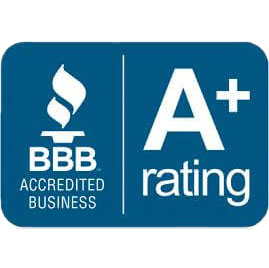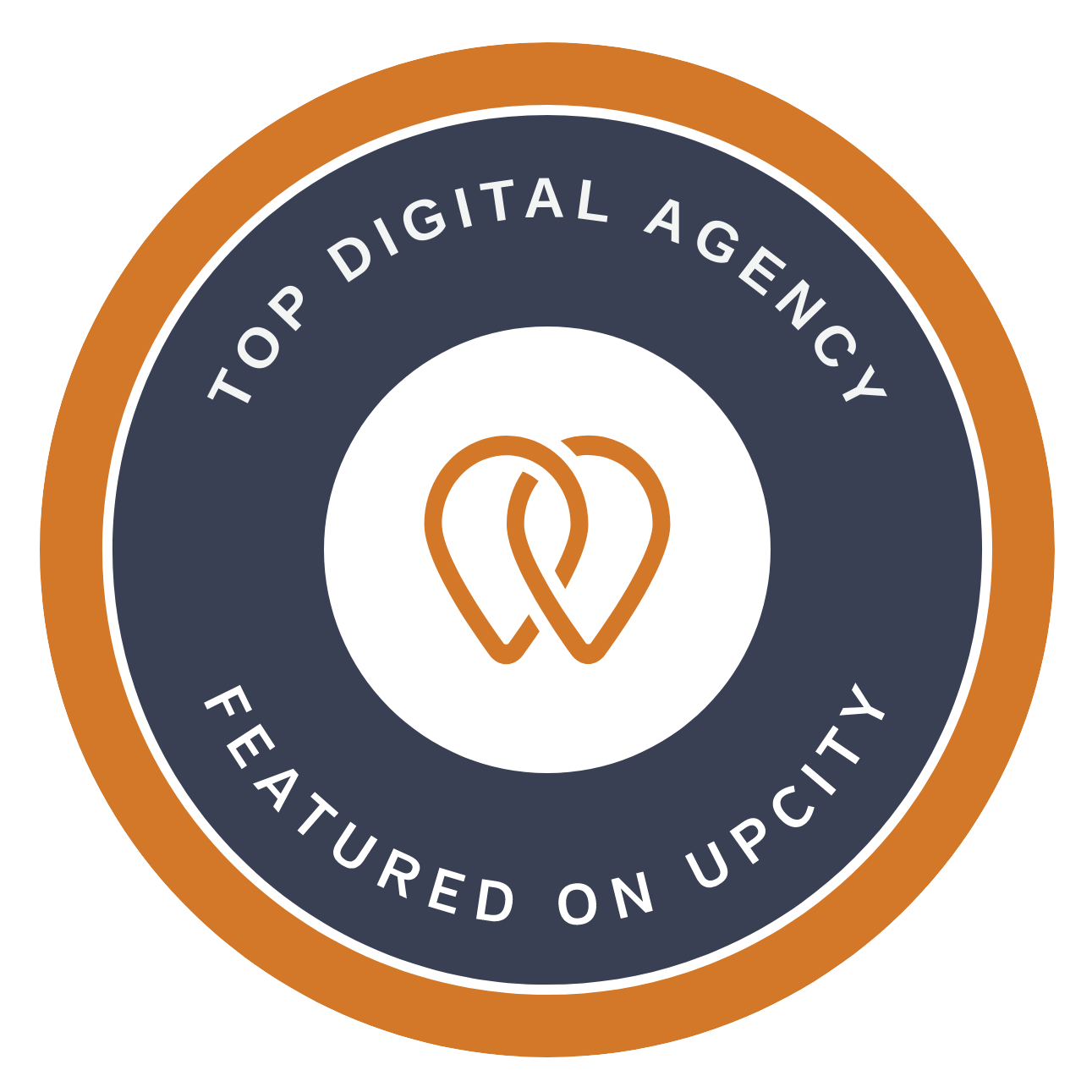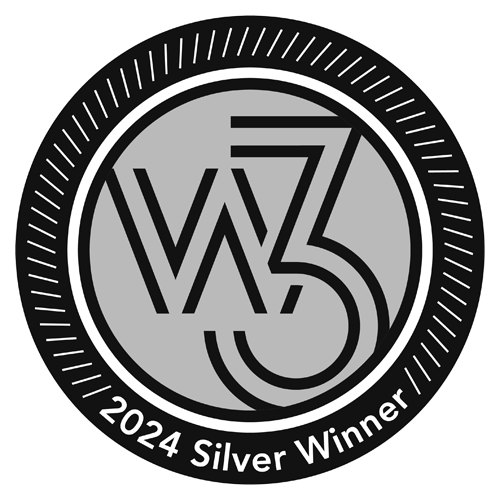Search engine optimization is one of those tedious processes that most business owners don't want to do themselves. To make it a little easier, here are 18 proven techniques that will increase your search engine rankings:
Make sure your website's content is keyword optimized, industry-appropriate, and location based (if applicable). Content is king, as they say, so take a gander through the different pages of your site and make sure it's relevant, informational, and helpful to your visitors.
Now that you've looked through your current content, do you need to expand it? Do you have multiple locations? Are you in multiple cities? Make sure you expand on the services and products you provide as well as the ways in which you do it.
If you were looking for the services or products that your business provides, what search terms would you use? Be sure to use these terms in your website content and meta tags.
Your URLs should be easily readable. Google doesn't know how to interpret https://yoursite.com/45702945hkj?page=274 and nor do most Internet browsers.
Use a URL structure similar to: https://yoursite.com/category/sub-category/specific-page
This is one for your developer -- they should be developing using the most recent coding standards and practices. What this tells search engines is that your site is up to date.
It's the equivalent of needing to research something, picking up two books at the library about the subject, and realizing that one was written in the 19th century and the other in the last six months -- which do you think has more up to date, relevant information?
Make sure search engines know that you're website is up to date by having code that's up to date.
Search engines are smart but they still don't have eyes. Since they can't see your images or how relevant they are to your site and content, make sure you include ALT tags. These allow for you to describe your image so that search engines as well as content readers are able to decipher what your images contain.
Blogging is always a great tactic to increase your search engine rankings. As long as you're writing about pertinent topics and using legitimate keywords, these posts can act as entry points into your website from search engines.
Image that you own a dog grooming business. You decide to write an article about the differences in grooming dogs that shed verses dogs that don't. You cite several different breeds and issues that arise with each. Now, when a potential customer searches for something like "schnauzer grooming problems" or "golden retriever prevent shedding," you're post could come up and act as a gateway into your website.
Utilize the title bar of each page - make each one unique to the actual content that's being displayed. Be sure to include keywords.
Don't use too many words, though. Be succinct and concise in your title bar.
Similar to how you should use unique titles on each page, use unique meta tags on each page. Most website owners make the mistake of using the same description and keyword tags on every page of their site.
If you pinpoint the keywords and phrases on individual pages, however, you've just gained the upper hand in expanding your keyword base and thus your potential visitor base from search engines. The more keywords you can target (this is not to say you should overload one page with multiple keywords ... only that each page should have its own distinct set of keywords), the more people you can target.
Just like alt tags should be used on images, title attributes should be used on links. Use this space to explain briefly where this link will take your visitor. This not only increases your keyword usage on the page but also aids in usability.
Your robots.txt file can be used to tell search engines (Google in particular) what not to crawl as it's going through your website. This is helpful if you have a test version of a page up, a thank you page for newsletter subscribers, or a file or directory that is not relevant to the rest of your site.
The .htaccess file can be used for many, many different purposes. A few of these include redirects, password protecting files or directories, adding or removing the www. from your domain (which prevents site duplication, a bad thing, in search engine indexes), and specifying error pages (403, 404, 500, etc.).
Every site should have an XML sitemap that catalogues every page of the website (and includes update frequency and priority of pages). This allows search engines to more quickly and efficiently crawl your website on a regular basis.
In addition, although search engines will eventually find your website after launch, it's never a bad idea to go ahead and submit the site to the major engines and directories to speed this process up.
A major means of boosting your search engine ranking is increasing your site's backlinks (external sites that are linking to your website). The more legitimate the site linking to yours is, the more of a boost your site will get in its ranking.
Often, this process takes time. As other businesses and organizations learn of your web presence and hopefully helpful content, they will start to link to you.
One way to speed this up is to be active in social media. If you utilize Facebook, Twitter, and LinkedIn in a way that permeates good, solid information relevant to your business and industry, these posts are likely to show up on search engines.
For example, if a cooking school posts cooking tips on Twitter every day, those tips (and the specific words they use in their tweets), will become keywords and results when people are searching. Just like blog posts on your site, these are potential entry points to your website and they act as backlinks since it will be a Twitter page that is linking to your website.
Have your developer go through your code and strip it of unnecessary elements. Link to external CSS and JavaScript files instead of including them in your HTML document, don't overuse divs, stray away from table-based layouts, code semantically, and organize your code in a logical way.
These codes are the languages that search engines speak; make sure your website is speaking properly. Otherwise, the search engines may not want to have a conversation (did I take that analogy too far?).
Add a sitemap (even if it's not a full one) to your site's footer. This helps your user get to where they need to go as well as supplement your main navigation with more internal linking and organization.
If your company makes Widget 1, Widget 2, and Widget 3 in Missouri, Kansas, and Illinois, you should have a page of your site dedicated to:
This way, when someone searches for "companies that make Widget 2 in Kansas," a dedicated page of your website comes up.
Your homepage will often be the first page of your website that visitors see. Be sure to use interesting and relevant content and images on it. If someone won't stay on your site when they first get there, you don't even have a chance to sell them on your other pages, let alone for them to follow through on your call to action.
By now, you should have quite a few pages on your website (remember, though, our aim is not to overwhelm visitors. These pages should be organized, relevant, and interesting). Cross-link between them so that users are able to find what they're looking for. The more times you can get them to click on a link to another page in your site, the longer and more interested they'll be in what you're offering. For example, if we want to tell you more about our process, we'd want to link you there!
Nothing is worse than a dead website. How often have you looked up the hours of operation for a restaurant or store on their website and visited the location only to find that those hours were out of date and wrong.
Show your users how often you update. Timestamp things. Write about current events. Let them know that what're they're seeing is valid. Help them to trust you.
Moreover, updating frequently lets search engines know that your website is legitimate. Google doesn't want to put you on the first page of results if they think your content is 4 years old.
As you can see, good search engine optimization benefits you in two key ways:
Happy optimizing!

